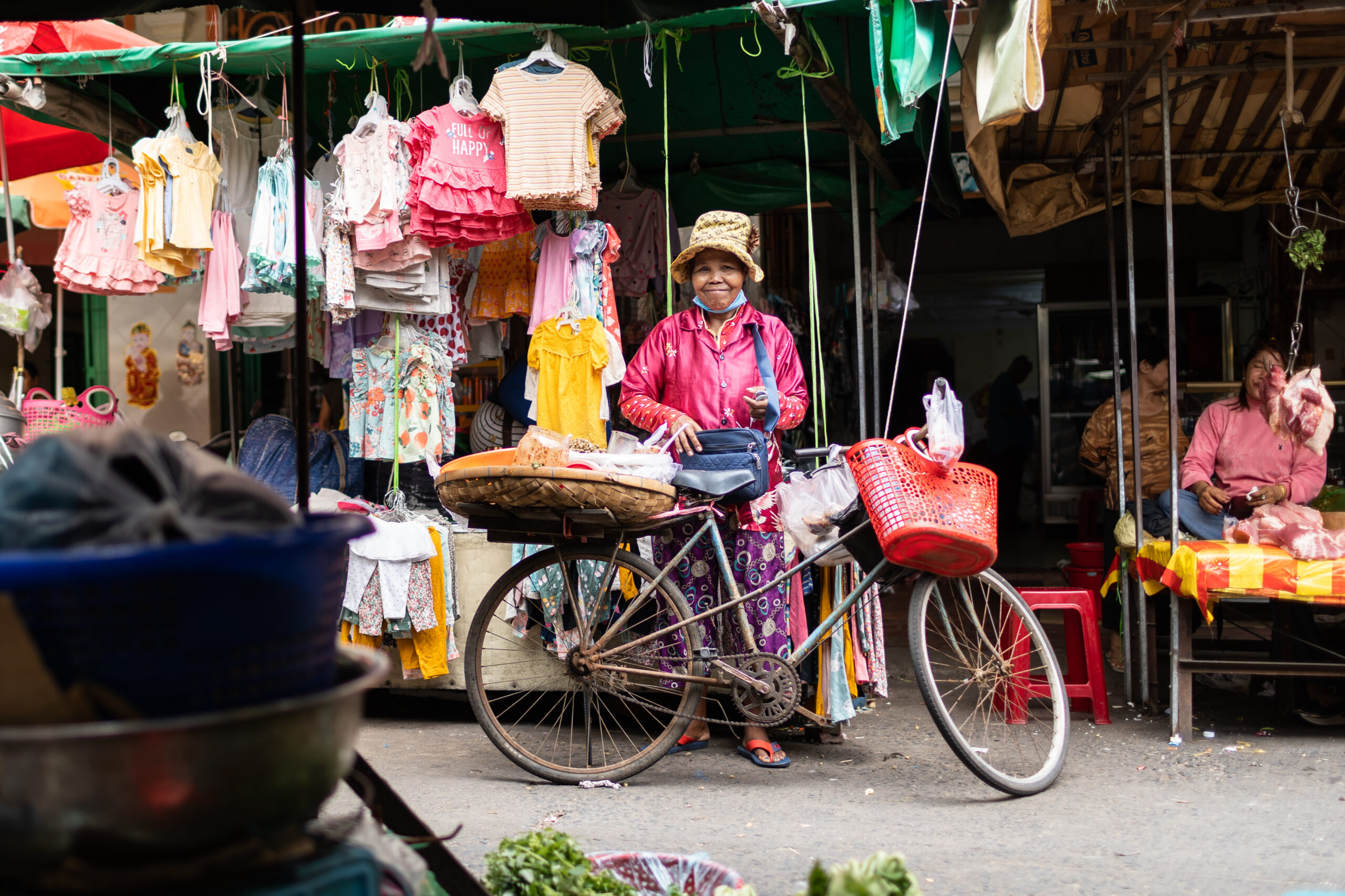Cambodia Investment Review
Cambodia’s Ministry of Labour and Vocational Training, the Independent Democratic Association of the Informal Economy (IDEA) and Oxfam have jointly urged greater inclusion of street vendors in national social protection systems, marking the 13th International Street Vendors Day with a call for policy reform. The three organisations highlighted that informal workers remain essential to the economy yet are still among the least protected.
The forum, held under the presidency of Minister of Labour and Vocational Training H.E. Sour Heng, brought together more than 250 participants including street vendors, informal economy workers, government officials, civil society organisations and development partners. Discussions focused on working conditions, access to social assistance, and the impact of environmental and digital shifts on livelihoods.
Informal workers remain critical to economic resilience
Street vending plays a major role in Cambodia’s informal workforce. According to the National Institute of Statistics (2021), 88.3% of workers are in the informal economy, with street vending serving as a key source of employment and income. Participants at the forum noted that vendors contribute materially to food security, employment and community resilience while ensuring access to affordable goods and services for the broader public.
Globally the street vendor market is projected to grow from USD 2.68 billion in 2024 to USD 4.73 billion by 2029, driven by increased consumer demand and new forms of commerce driven by technology. Yet more than 60% of the global labour force operates informally and lacks access to adequate social support, underscoring the urgency to close protection gaps.
Speakers noted that street vendors are entitled to the same labour rights as other workers, including access to health insurance, childcare, maternal protections, workplace hygiene and safety standards, and financial services. Despite this, many continue to operate without formal protections, increasing their vulnerability during periods of economic disruption.
Progress made but implementation challenges remain
Recent policy initiatives—including the Digital Social Protection System and the launch of voluntary health care contributions for self-employed workers—were described as positive steps toward a more inclusive safety net. However, development partners emphasised that many street vendors remain unaware of the systems available to them or face barriers to enrolment.
Affordability, administrative complexity and lack of information were identified as key reasons why uptake remains low among informal workers. Development organisations also raised concerns about inconsistent implementation of existing social support mechanisms, which can leave vendors without support during illness, economic downturns, or environmental crises.
Forum participants stressed that social protection must be designed based on the day-to-day realities of informal workers. Cambodia’s transition toward a digital and green economy has intensified pressure on informal workers, particularly those with limited digital literacy and those affected by increasingly extreme weather conditions.
Climate change and digital disruption increase vulnerabilities
Forum discussions highlighted that climate risk is increasingly intersecting with economic vulnerability. Rising temperatures and air pollution were cited as direct threats to vendors’ health and income, while severe weather events can prevent them from operating altogether.
At the same time, the rapid shift to digital commerce in Cambodia has disrupted traditional business patterns. While online shopping and mobile-based transactions create new opportunities, vendors with limited digital skills or access to devices face competitive disadvantages. High internet costs and low-level digital literacy were reported as growing burdens for small-scale sellers.
Stakeholders called for climate-related and digital-economy policies to account specifically for the needs of informal vendors. They argued that long-term economic transformation depends on fair interaction—ensuring that street vendors are included in policy dialogues and that support measures are designed with their participation.
IDEA and Oxfam reaffirmed their commitment to working with the government and other partners to push for a more inclusive social protection ecosystem. They noted that expanding access to safety nets would not only benefit families and communities but also contribute to a more resilient and productive national economy.





